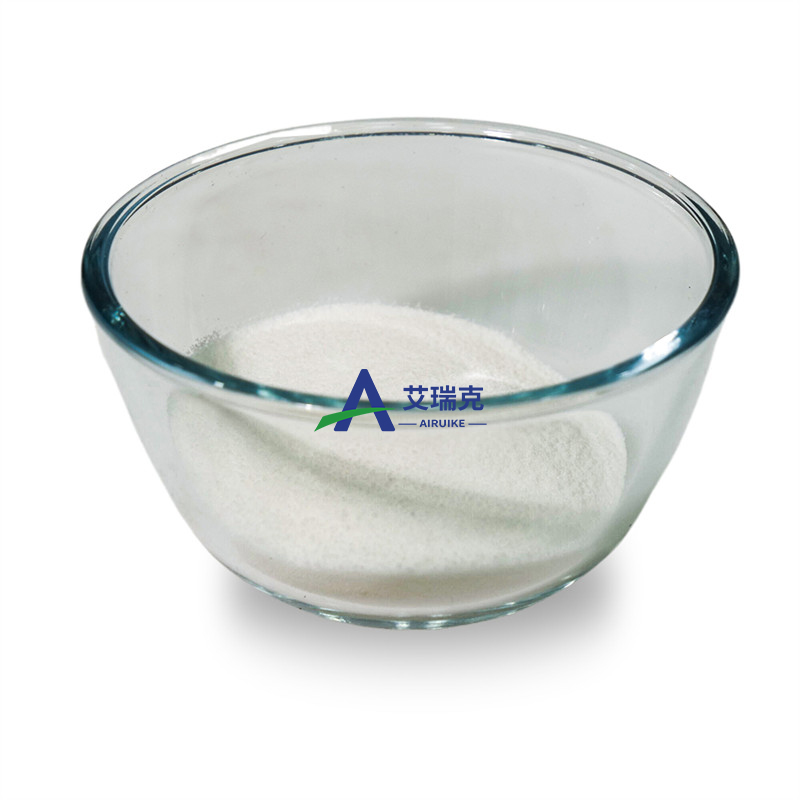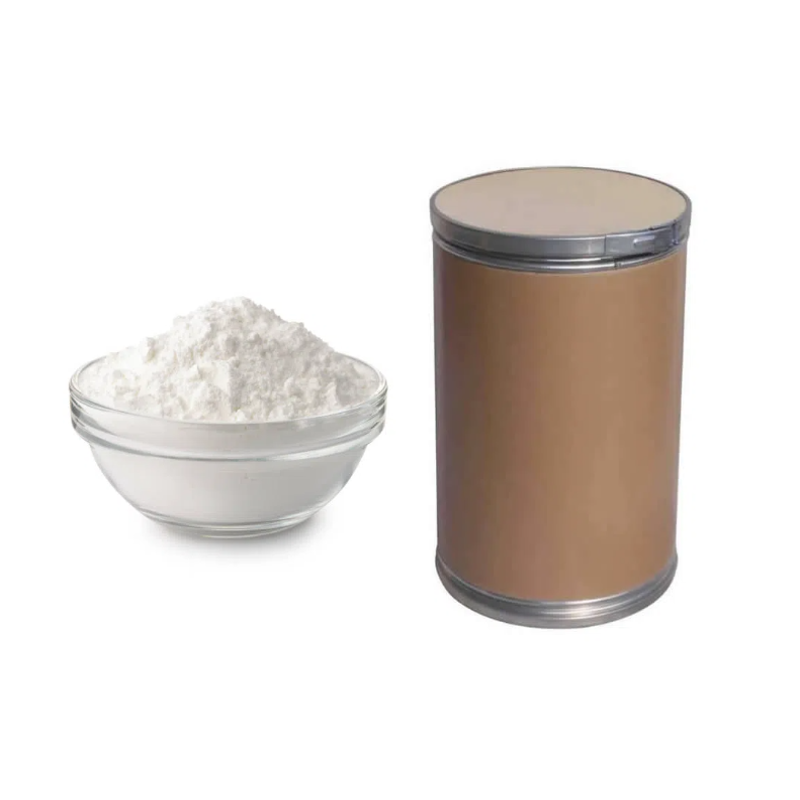-
Categories
-
Pharmaceutical Intermediates
-
Active Pharmaceutical Ingredients
-
Food Additives
- Industrial Coatings
- Agrochemicals
- Dyes and Pigments
- Surfactant
- Flavors and Fragrances
- Chemical Reagents
- Catalyst and Auxiliary
- Natural Products
- Inorganic Chemistry
-
Organic Chemistry
-
Biochemical Engineering
- Analytical Chemistry
-
Cosmetic Ingredient
- Water Treatment Chemical
-
Pharmaceutical Intermediates
Promotion
ECHEMI Mall
Wholesale
Weekly Price
Exhibition
News
-
Trade Service
Guide
The 25th National Congress of Clinical Oncology and the 2022 CSCO Annual Conference were held
in Beijing, Jinan and Harbin from November 5 to 12 in the form of a combination of offline and online.
The theme of this year's conference is precision innovation, wisdom and humanities, and we will join hands with experts and scholars in various oncology fields across the country to carry out in-depth academic exchanges and scientific and technological cooperation, share clinical research and innovation achievements, deeply discuss precision oncology based on multidisciplinary standardized comprehensive treatment, and actively promote the development of
disciplines.
In the special conference on prostate cancer, Professor Ye Dingwei from Fudan University Cancer Hospital shared the development direction of prostate cancer diagnosis and treatment with the experience of Fudan Cancer Hospital.
Professor Yip Dingwei
Vice President of Fudan University Cancer Hospital Chief expert of urological oncology MDT
Director of Shanghai Institute of Urological Oncology
Director of the Institute of Prostate Cancer, Fudan University
Chairman of the Prostate Cancer Expert Committee of the Chinese Society of Clinical Oncology (CSCO).
Chairman of the Urology Committee of China Primary Health Care Foundation
Former Chairman of the Chinese Anti-Cancer Association Urogenital Tumor Committee (CACA-GU).
Deputy leader of the Oncology Group of the Urology Branch of the Chinese Medical Association (CUA).
Chairman of the Chinese Prostate Cancer Alliance (CPCC).
Vice Chairman of the Urothelial Cancer Expert Committee of the Chinese Society of Clinical Oncology (CSCO).
Vice Chairman of the Kidney Cancer Expert Committee of the Chinese Society of Clinical Oncology (CSCO).
Vice Chairman of the Immunotherapy Expert Committee of the Chinese Society of Clinical Oncology (CSCO).
Chairman of the Urologic Oncology Collaborative Group (UCOG) of China Cancer Hospital
Standing Director of Chinese Anti-Cancer Association and Standing Director of Chinese Society of Clinical Oncology
Leader of the prostate cancer group of the Urogenital Tumor Committee of the Chinese Anti-Cancer Association (CACA-GU).
Deputy leader of the writing team of the Chinese edition of the NCCN guidelines for the diagnosis and treatment of kidney cancer
Member of the NCCN Expert Committee on the Asian Diagnosis and Treatment of Prostate, Kidney and Bladder Cancer
Member of the St.
Gallen Consensus Expert Committee on Advanced Prostate Cancer
Member of the Asia-Pacific Consensus Expert Committee on Advanced Prostate Cancer
Chairman of the Urological Oncology Committee of Shanghai Anti-Cancer Association
Vice President of Urologist Branch of Shanghai Medical Doctor Association
President-elect of the Asia-Pacific Prostate Society (APPS).
Vice President of the Asia-Pacific Society of Cryosurgery, etc
Professor Ye Dingwei pointed out that prostate cancer ranks first in the world in the incidence of male tumors and the first in the incidence of urological malignant tumors in China, but the epidemiological data of China and Europe and the United States are different
.
The number of new cases of prostate cancer in the United States far exceeds that in China, but the number of prostate cancer deaths in China exceeds half
that in the United States.
Therefore, there is still a long
way to go to improve the 5-year survival rate of prostate cancer patients in China.
Precision strikes
So what is the future development direction of prostate cancer diagnosis and treatment in China? The answer given by Professor Ye Dingwei is: precision strike, joint victory
.
Precision crackdown refers to the first accurate screening and promotion of prostate cancer to reduce patients' pain and medical costs; Secondly, after the diagnosis of the patient, the patient should be accurately evaluated to help diagnosis and treatment with accurate staging; Third, carry out precise surgery for early prostate cancer, implement symptomatic measures, and improve the cure rate of early prostate cancer; Finally, the middle and advanced prostate cancer was accurately classified and treated
.
In view of the above content, Professor Ye Dingwei made a detailed elaboration
based on the work experience of Fudan Cancer Hospital.
Professor Ye Dingwei pointed out that to explore a suitable prostate cancer accurate screening system for Chinese, we first need to explore corresponding markers
.
With the help of prostate-specific antigen (PSA) and prostate health index (PHI) in European and American countries, the detection rate of prostate cancer has increased, and the proportion of early prostate cancer has increased, resulting in a significant decrease in mortality
.
However, in China, under the same indicators, the detection rate of prostate cancer is low, the proportion of patients with excessive puncture is higher, and there is more waste
of medical resources.
In response to this situation, Professor Ye Dingwei led a multi-center study to clarify the difference in PHI cut-off values in Eastern and Western populations (PHI of 40 for Chinese groups and 30 PHI for European populations), and constructed a PHI-based Chinese group early screening scale for prostate cancer (Nomogram), which significantly improved the accuracy
of early diagnosis 。 At the same time, Professor Ye Dingwei pointed out that it is necessary to implement the first Chinese "Expert Consensus on Prostate Cancer Screening" led by CACA-GU to combine and promote
the "Prostate Cancer Accurate Screening Base" (regional center) and the "Prostate Cancer Accurate Screening Community Service Station" (community sinking).
Second, accurate imaging evaluation
of the patient throughout the life cycle is required.
Fudan Cancer Hospital is the first in China to carry out precision medicine imaging based on PSMA, and the detection rate of metastases is much higher than that of traditional imaging, breaking through the dilemma of accurate staging of prostate cancer patients
.
However, PSMA PET-CT still has certain limitations in non-metastatic castration-resistant prostate cancer (nmCRPC), and Fudan Cancer Hospital uses PSMA+FDG dual precision imaging to guide the restaging of nmCRPC, which improves the detection rate
of metastasis in patients with nmCRPC who have no metastases on traditional imaging.
Third, based on the characteristics of the pelvis of Chinese people and the difference in the coagulation mechanism of Eastern and Western populations, Professor Ye Dingwei deeply cultivated minimally invasive treatment, created a precision robot (da Vinci Xi) surgical treatment system that conforms to the Chinese people, and entered the era of "dual-machine parallelism" of da Vinci Xi surgical system, "quality" and "quantity" fly together, pursuing three consecutive victories
of tumor control, urinary control function preservation and sexual function recovery.
At the same time, Professor Ye Dingwei pointed out that prostate cancer surgery should not be blindly done, and it is necessary to choose an accurate time for accurate prostate cancer tracking, and through neoadjuvant therapy, a considerable proportion of patients' pathological specimens show pathological complete remission
.
Secondly, Fudan Cancer Hospital performed surgical treatment for oligometastatic primary lesions, which proved that surgery can still perform primary lesion resection in the era of robotic surgery, reducing the risk of imaging progression and death of
patients.
Finally, Professor Ye Dingwei mentioned that Fudan Cancer Hospital took the lead in genomic research on highly lethal prostate cancer to achieve accurate typing, and found that the BRCA2 mutation rate of China's high-risk metastatic prostate cancer population far exceeded that of Western populations by several times, and clarified the preferred genetic detection range of Chinese groups: BRCA2, MSH2, PALB2 and ATM
.
Subsequently, Fudan Cancer Hospital combined the genomic characteristics of Chinese population and proposed a Chinese plan for precise treatment of the five major pathways of mCRPC mutations
.
Joint wins include drug syndication – the Deluxe Package, with full coverage; Discipline cooperation - MDT diagnosis and treatment, collective wisdom and efforts; Industrial alliance - clinical trials, continuous breakthroughs; Sino-foreign alliance - 4 major aspects
for me as the mainstay.
A number of studies, including PEACE-1, ARASENS, PROpel, and PRESIDE studies, have shown that the diagnosis and treatment of prostate cancer has entered the "triple era", and a number of international multi-center clinical studies led by Professor Ye Dingwei also indicate that the diagnosis and treatment of prostate cancer in China has entered a new chapter
.
In addition, since 2005, Fudan Cancer Hospital has been actively developing MDT diagnosis and treatment of prostate cancer and promoting
it nationwide.
At present, the Chinese urological oncology MDT platform has been incorporated into 403 medical institutions across the country, covering all provinces, municipalities and autonomous regions except Macao, and has set up 4 regional centers in the east, west, south and north, and referred more than 1,000 difficult cases
from all over the country every year.
In terms of industrial cooperation, Professor Ye Dingwei pointed out the need for medical enterprise linkage to innovate clinical research, the most representative of which is the CHART research that appeared in the oral report of the 2022 ASCO Conference, representing the new development of domestic innovative drugs and benefiting the majority of prostate cancer patients
in China.
Prostate cancer has always been regarded as a "Western disease", Western countries on prostate cancer research, treatment of the cognition of more rapid update, therefore, domestic scholars can not do behind closed doors, must carry out international cooperation, learn from advanced experience and combine with the characteristics of Chinese patients for in-depth research
.
Finally, Professor Ye Dingwei summarized
the speech.
With the development of recent years, 18-year data show that the 5-year survival rate of prostate cancer patients in 21 major medical centers in China has increased to 69.
2%, but it is still quite different
from the data of 97.
5% in the United States during the same period.
Therefore, improving the development of the diagnosis and treatment of prostate cancer patients in China is a long way to go, and it is necessary for all colleagues to seek and move
forward.
This platform is designed to deliver more medical information
to healthcare professionals.
The content published on this platform cannot replace professional medical guidance in any way, nor should it be regarded as diagnosis and treatment advice
.
If such information is used for purposes other than understanding medical information, this platform does not assume relevant responsibilities
.
The content published by this platform does not mean that it agrees with its description and views
.
If copyright issues are involved, please contact us and we will deal with
it as soon as possible.







